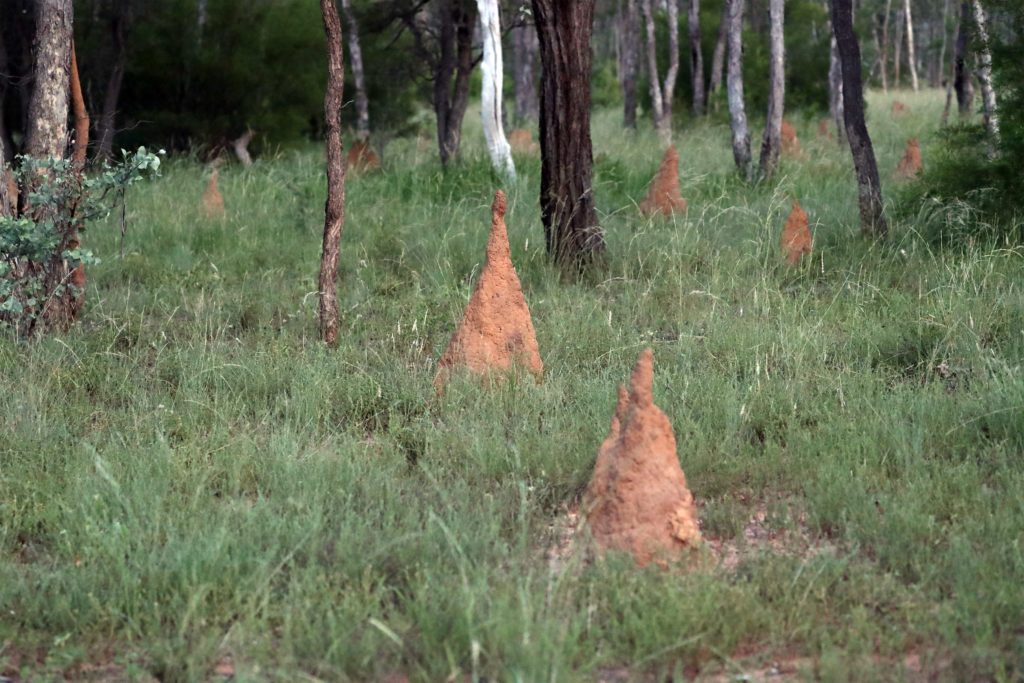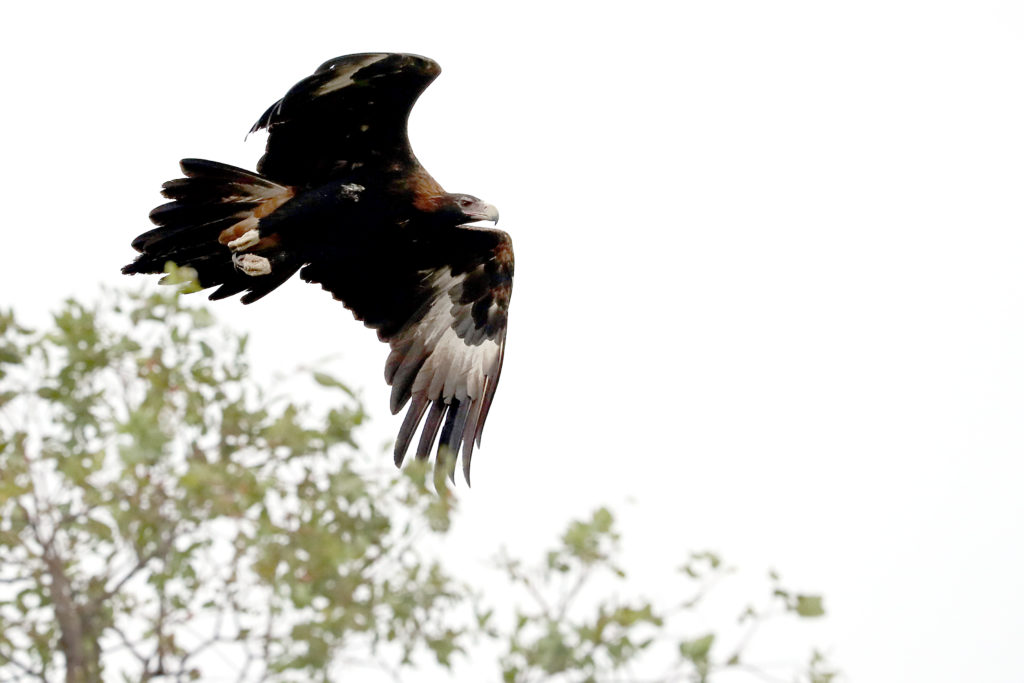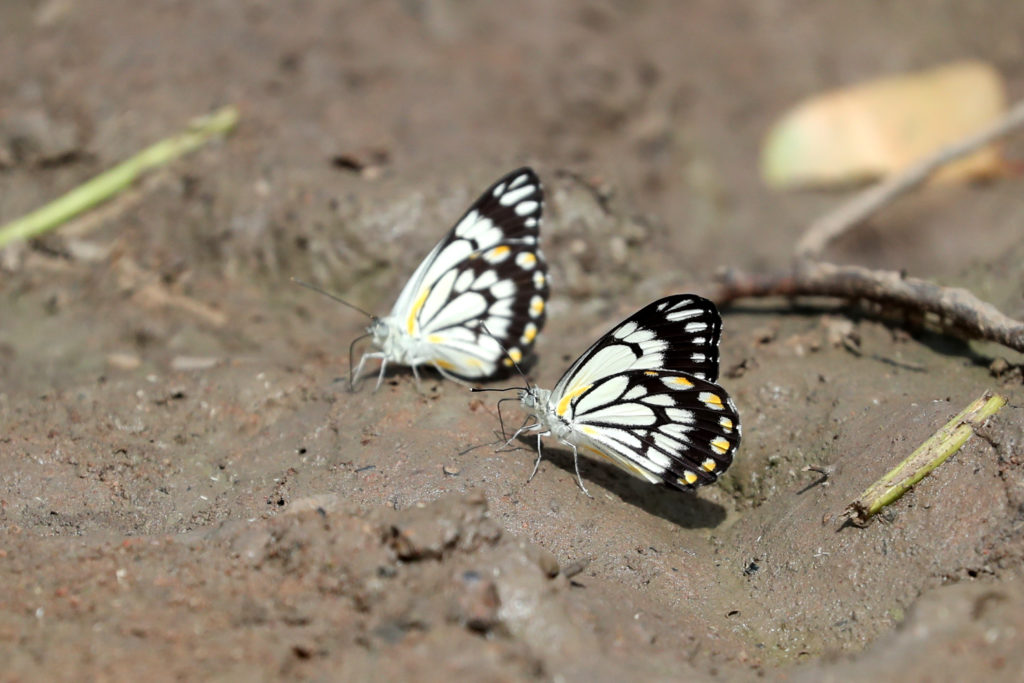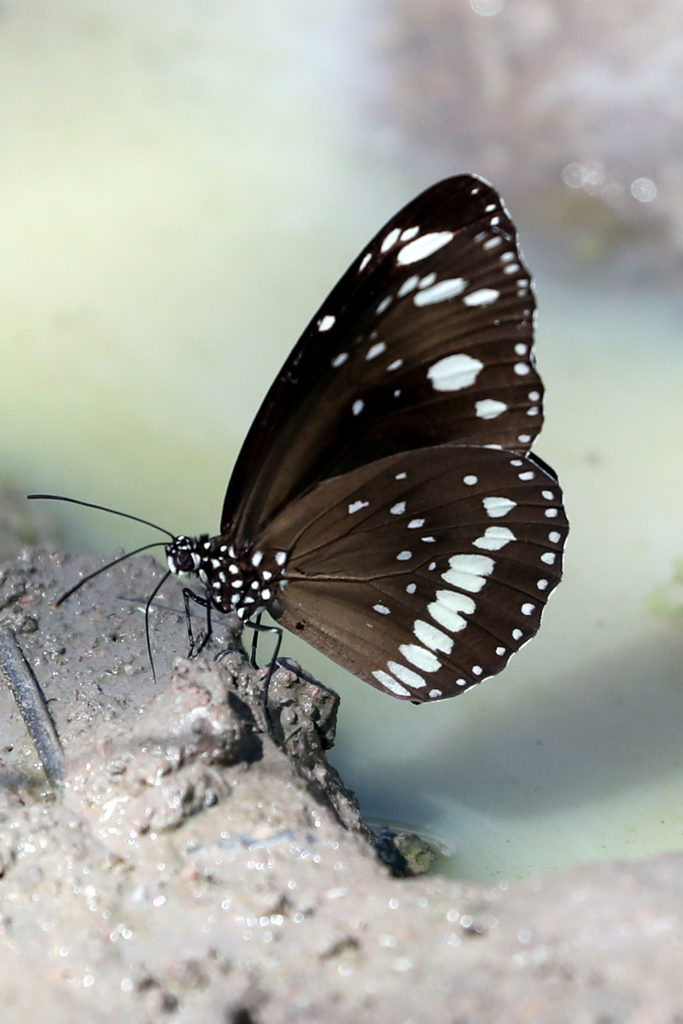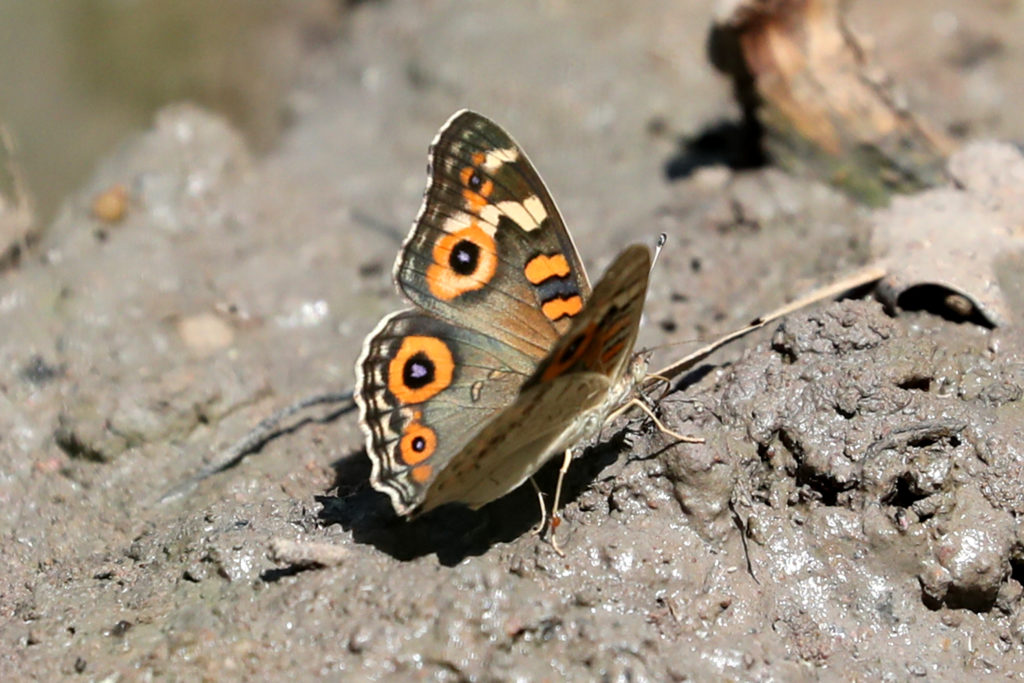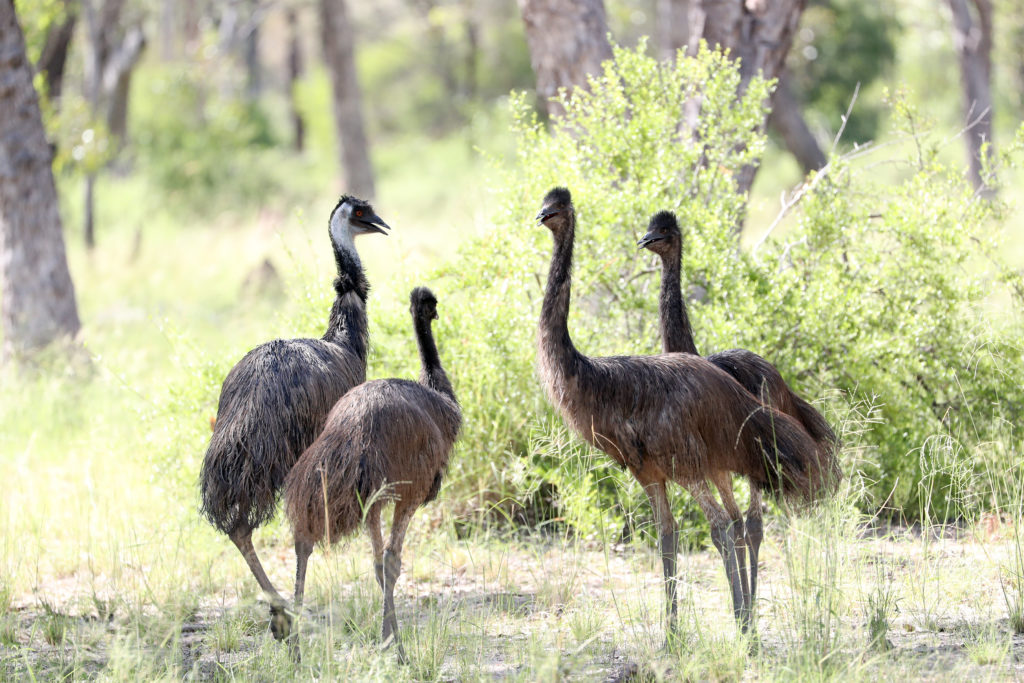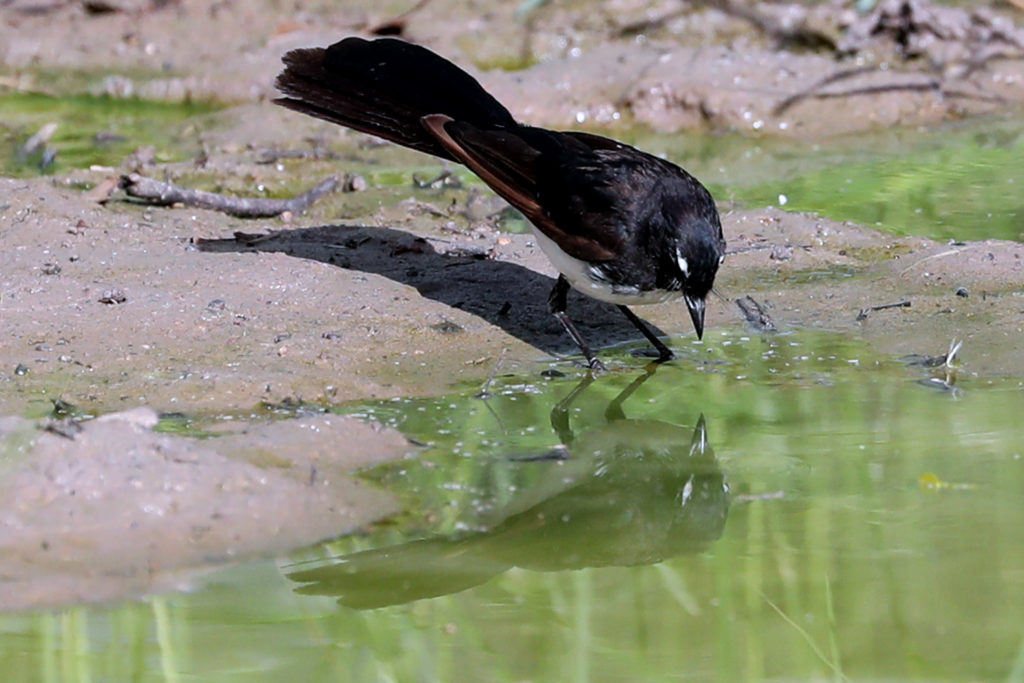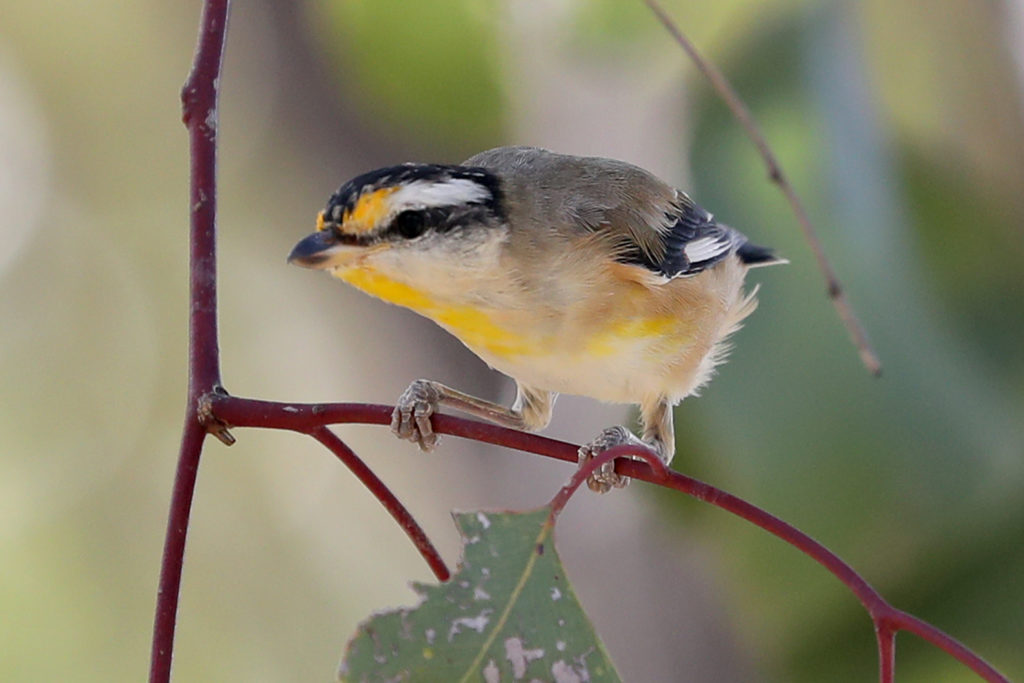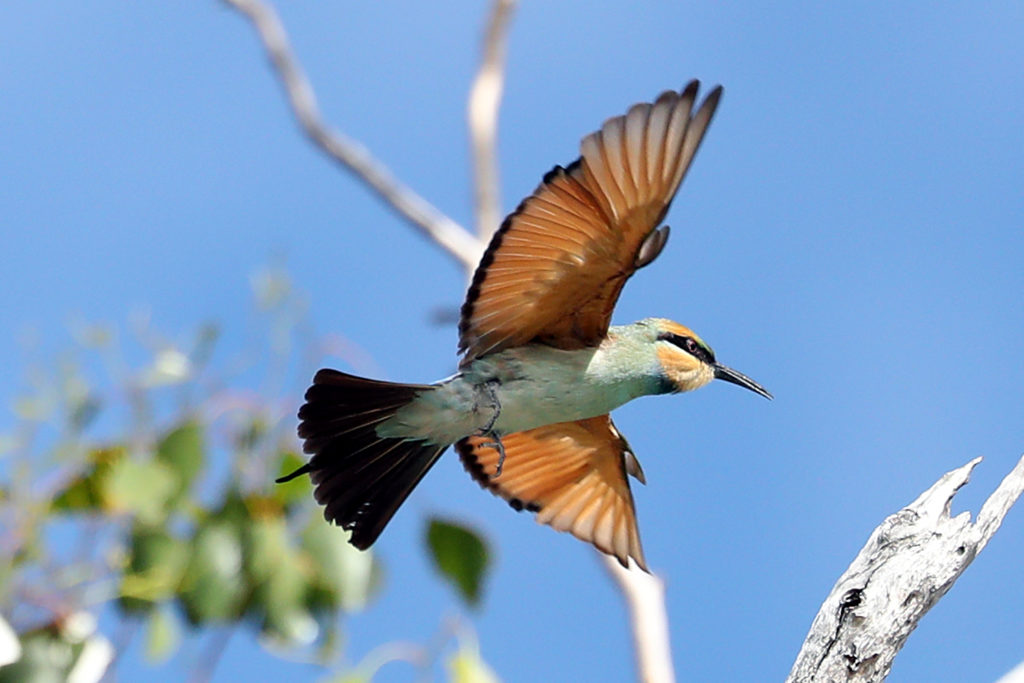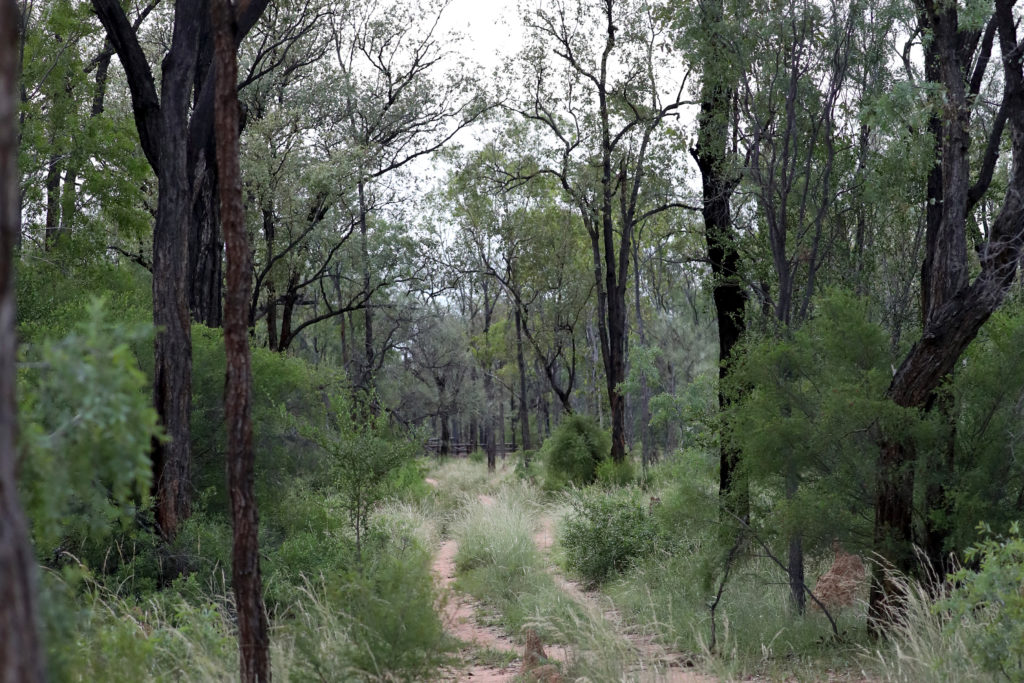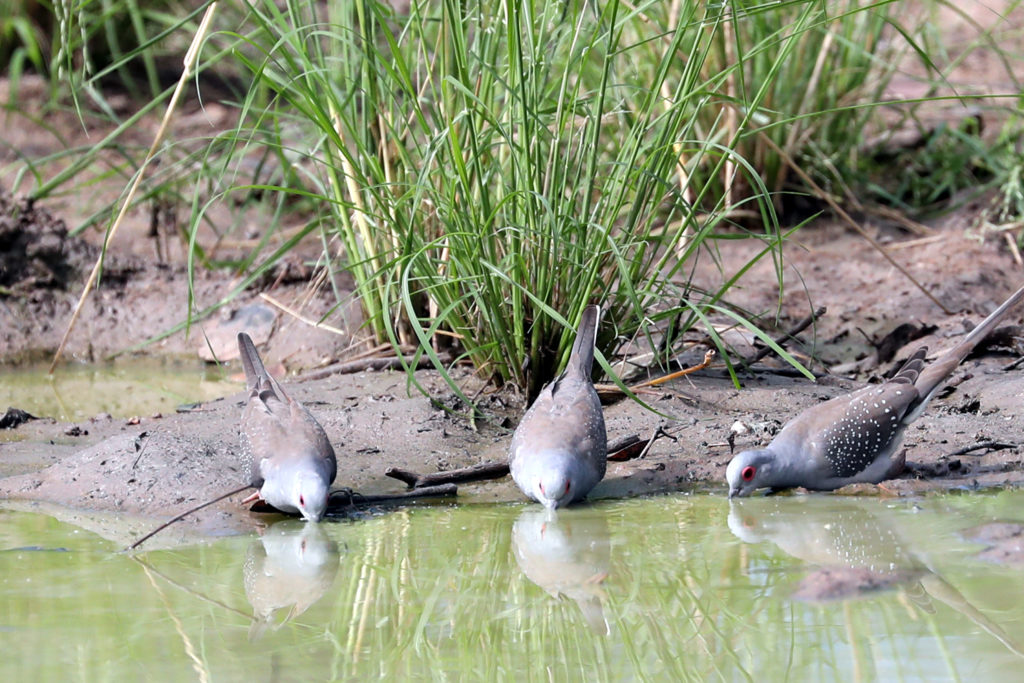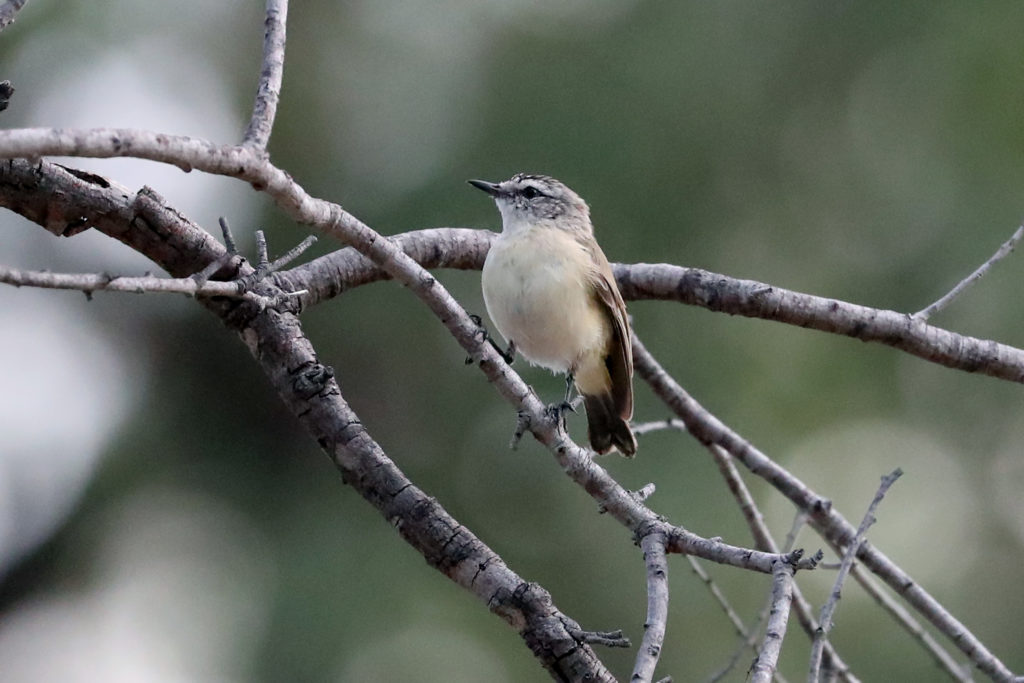EDO is heading to court on behalf of young Queenslanders and landholders to challenge Clive Palmer’s proposed Galilee Coal Project, in a case that’s set to make legal history.
For the first time an Australian coal mine is being challenged on human rights grounds.
EDO’s client Youth Verdict represents a cohort of Indigenous and non-Indigenous young people whose lives will be severely impacted by climate change that, EDO argues, is in breach of their human rights.
Youth Verdict is a diverse group of people under 30, with some as young as 13. They hail from across Queensland – from the country to the coastline and the Gold Coast to the tropical north. The members of Youth Verdict have one thing in common – they stand to be most impacted by the climate change that is fuelled by the coal we burn today.
Meet some members of Youth Verdict:
Youth Verdict joins The Bimblebox Alliance in opposition to Waratah Coal’s huge mine. This group of farmers, landholders and their supporters have spent years defending the Bimblebox Nature Refuge, almost 8000-hectares of remnant woodland, a haven for native wildlife and plants. The Refuge would be devastated by the Galilee Coal Project, which would destroy the habitat of more than 173 birds, for example, including vulnerable and endangered species.
For decades, landholders and their supporters have been painstakingly maintaining the property’s high biodiversity values and protecting the plants and animals that call it home. This has been in accordance with their commitments in their legal contract with the state government as a dedicated Nature Refuge. For the last ten years they have been holding out against the Galilee Coal Project.
Both groups have filed objections to the Mining Lease and Environmental Authority for the Galilee Coal Project with the Land Court of Queensland. The historic case will hear arguments about the principle of Intergenerational Equity – or fairness between generations – because young people stand to face the greatest impacts from climate change, and because the pristine woodland of the Bimblebox Nature Refuge and its inhabitants would be destroyed by the mine and lost to future generations.
EDO lawyers on behalf of Youth Verdict and The Bimblebox Alliance will for the first time argue that the climate change this mine will help fuel breaches the human rights of young people because their lives in the future will be at increased risk from bushfires, disease, floods, heatwaves and cyclones – impacting their right to life. Indigenous youth also face a future in which it is more difficult to practise and develop their culture due to lands lost to sea-level rise, and hunting practices compromised by biodiversity loss, such as that on the Great Barrier Reef. These impacts deprive them of their right to culture.
The Link Between Climate Change and Human Rights
Climate change is already a threat to people’s lives in Queensland, and our coal is making it worse. Climate change is caused by greenhouse gas emissions and over 40% of the world’s carbon dioxide emissions are from coal.[1]
Increasing average temperatures have fuelled extreme weather such as bushfires, heat waves, flooding and drought. The greater the increase in average global temperatures, the more dangerous climate change becomes and the more people will die or have their lives threatened and disrupted as a consequence.
The United Nations Children’s Fund (UNICEF) states that, if global heating “exceeds 4°C by the year 2100 in line with current projections, this would lead to devastating health consequences for children, due to rising ocean levels, heatwaves, proliferation of diseases like malaria and dengue, and malnutrition.”
With the Paris Climate Agreement, the world agreed to keep global heating to well below an average of 2°C and pursue efforts to keep warming below 1.5°C. However, Australia’s climate has already warmed just over 1°C since 1910, leading to an increase in the frequency of extreme heat events. Existing fossil fuel approvals, including coal mines, are already enough to take the world to 1.5°C warming.
The Queensland Human Rights Act states that “every person has the right to life and has the right not to be arbitrarily deprived of life.”
UN Human Rights Committee has said that climate change is one of the most pressing and serious threats to the ability of present and future generations to enjoy the right to life.[2]
The UN High Commissioner for Human Rights confirms that “governments have binding legal obligations, based on international human rights law, to undertake strong reductions in emissions of greenhouse gases.”[3]
The Right To Life
EDO lawyers will draw on the international acceptance that climate change impacts on the right to life to argue that allowing this new coal mine, and the resulting emissions making climate change worse, will violate young people’s right to life.
Young people today are looking towards a future of increased heat waves, prolonged drought and more intense bushfires, all of which will threaten their lives. With a finite global carbon budget, every new coal mine makes the impacts of climate change worse.
The Rights of the Child
Children are recognised in law as a vulnerable group in need of special protection. They don’t have the power to influence decisions on climate change, and yet will feel the impacts disproportionately. This case argues that the mine impacts the rights of the child by driving climate change.
EDO will argue that the devastating impacts of climate change are both imminent and foreseeable, and therefore the Queensland Government must act to protect the rights of children by taking action to mitigate climate change.
Aboriginal and Torres Strait Islander Peoples
Youth Verdict includes young Aboriginal and Torres Strait Islander peoples who are also objecting to the Galilee Coal Project on human rights grounds.
On their behalf, EDO will argue that approval of this coal mine limits the cultural rights of Aboriginal and Torres Strait Islander peoples because of the impacts that climate change will have on their cultural practice, connection and development. The biodiversity loss, extinction of native species and changes in annual weather patterns in Queensland brought on by climate change affects not just the environment, but the cultures that rely on it.
Freedom From Discrimination
The Queensland Human Rights Act recognises that everyone has the right to enjoy their human rights without discrimination.
EDO lawyers will argue the mine also has an unacceptable impact on the right to be free from discrimination, because vulnerable people, including children, people in rural and remote communities and people living in poverty, will suffer the most from climate change.
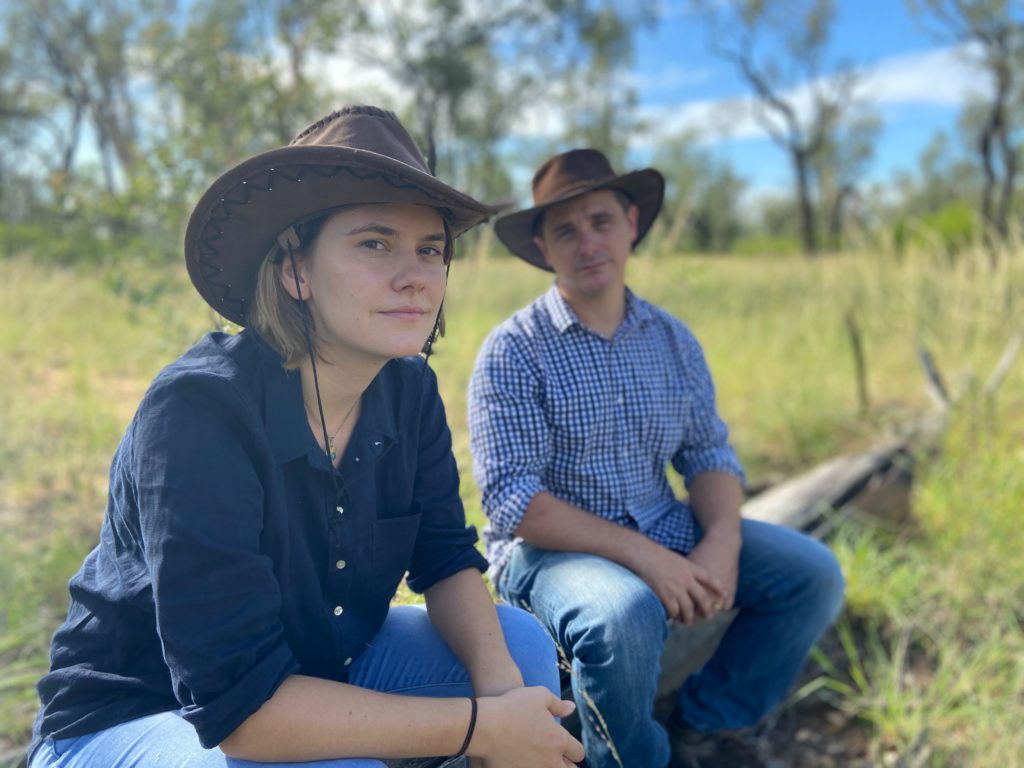
Defending the Bimblebox Nature Refuge
The Galilee Coal project would destroy the Bimblebox Nature Refuge should it be allowed to proceed. This almost 8,000 hectare woodland property was bought in 2000 for the specific purpose of saving it from land clearing and the local community has worked hard to maintain the integrity of the ecosystem.
In 2002, a Bimblebox Nature Refuge Agreement was signed with the Queensland state government to permanently protect the conservation values of the property. The landholders and their supporters have worked hard to maintain the integrity of Bimblebox’s ecosystems ever since.
The plants and animals of Bimblebox have attracted a number of ecologists and other scientists, birdwatchers, nature lovers and artists during that time. Many of the Refuge’s species have been carefully recorded in detailed surveys.
Bimblebox is a genuine and rare example of how agriculture and biodiversity conservation can successfully co-exist. A small herd of beef cattle assist in the control of exotic pasture grasses, and a number of long-term research projects monitor practices such as fire management to help improve biodiversity outcomes across the region.
Ninety-five per cent of Bimblebox is uncleared semi-arid woodland in the Desert Uplands bioregion, roughly 500km west of Rockhampton and 30km northwest of Alpha. It is one of the largest tracts of intact native woodland in Queensland. More than 170 species of bird have been spotted; at least 45 species of vertebrates call the Nature Refuge home; and 287 plant species have been identified. Many species are rare or endangered, such as the Vulnerable Squatter Pigeon and the Near-Threatened Black-chinned Honeyeater and Black-necked Stork.
There is no way to offset such a pristine native wildlife haven. Allowing the Galilee Coal Project to go ahead would destroy this valuable remnant habitat and undermine the idea of safely protecting nature on private land. The annihilation of Bimblebox would set a dangerous precedent for the preservation of Queensland’s biodiversity into the future.
The Bimblebox Alliance is challenging Waratah Coal’s Mining Lease and Environmental Approval on 11 grounds – including that approval would cause environmental harm and would not be consistent with the core objectives of ecologically sustainable development.
The Bimblebox Alliance is also objecting on two human rights grounds – the right to property and the right to Privacy.
Read the objections on the Bimblebox website
Explore the Bimblebox Nature Refuge
How Big is the Galilee Coal Project?
The Galilee Coal Project, previously known as the China First Project, is a venture of the Clive Palmer-owned Waratah Coal Pty Ltd. It gained Federal Environmental Approval in 2013, but the project stalled for six years. Then, in October 2019, Clive Palmer applied for a Mining Lease and Environmental Authority, which are now the subjects of the case in the Land Court
The site is 30 km north of Alpha and about 450 km west of Rockhampton in central Queensland and consists of four underground coal mines, two open-cut coal mines and a 453km railway line. It is expected to produce 40mta of thermal coal per year with capacity for future expansion. It’s estimated 40mta would generate around 2.9 billion tonnes of greenhouse gas emission over the mine’s 30-35-year lifespan.
The Galilee Coal Project is one of nine proposed mines in the Galilee Basin, including the controversial Adani Carmichael Coal Mine. Allowing the Galilee Coal Project and rail line to go ahead would increase available coal mine infrastructure and contribute to the opening up the Galilee Basin for further mining.
Read more about EDO’s work in the Galilee Basin
Why is this case important?
The massive reserves of coal in the Galilee Basin must stay in the ground if we have any hope of keeping global warming to Paris Climate Agreement target levels.
If the case is successful, the Land Court of Queensland will recommend that the Mining Lease and Environmental Approval for the Galilee Coal Project is refused. It will be then up to the minister to act on the recommendation.
The impact of coal mines on our human rights has not been available for legal arguments until now. By using the law in this innovative way, EDO lawyers are supporting young Queenslanders to protect their futures, and retain our bush lands for sustainable conservation farming.
References
[1] Global Carbon Project
[2] General comment No. 36 (2018) on article 6 of the
International Covenant on Civil and Political Rights, on the
right to life
[3] Bachelet welcomes top court’s landmark decision to protect human rights from climate change














